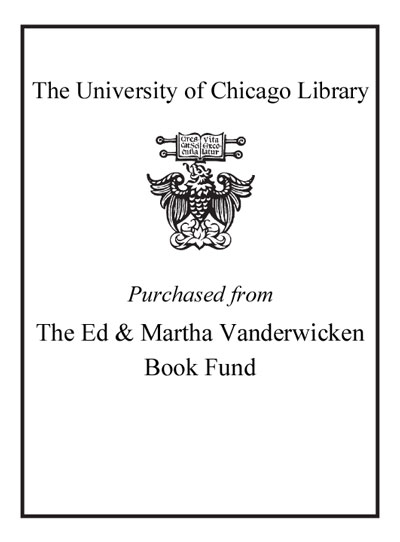Understanding abusive families : an ecological approach to theory and practice /
Saved in:
| Author / Creator: | Garbarino, James. |
|---|---|
| Edition: | 1st ed. |
| Imprint: | San Francisco : Jossey-Bass, ©1997. |
| Description: | xi, 273 pages : illustrations ; 24 cm |
| Language: | English |
| Subject: | |
| Format: | Print Book |
| URL for this record: | http://pi.lib.uchicago.edu/1001/cat/bib/11018810 |
Table of Contents:
- Part 1. An Introduction to Basic Concepts
- 1. The Meaning of Maltreatment
- 2. The Scope and History of Child Abuse and Neglect
- 3. The Community Context of Child Abuse and Neglect
- 4. Disturbances in Relationships: Parenting, Family Development, and Child Maltreatment
- Part 2. Special Issues
- 5. The Elusive Crime of Psychological Maltreatment
- 6. Family Sexual Abuse
- 7. Child Maltreatment in Loco Parentis
- Part 3. Adolescent Maltreatment
- 8. The Maltreatment of Youth
- 9. Youth in Trouble Are Youth Who Have Been Hurt
- 10. In Conclusion: Family Life Development and Child Protection

